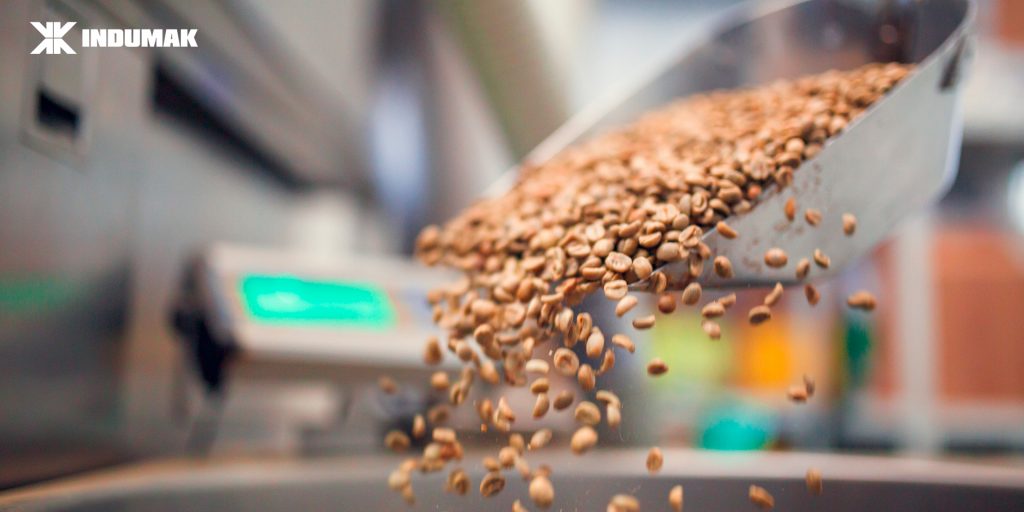
Categoria: Management
5 tipes to reduce product waste in the industry
How does your company deal with waste in the production process?
Although they represent relevant costs that impact the financial result of the business, many managers end up turning a blind eye to the waste of products in the industry.
Some of them, even when it comes to reducing costs, end up choosing to cut costs through the dismissal of labor or the purchase of lower quality raw materials, which ends up reducing the value of the product that reaches the customer. So this might not be the best decision.
Looking carefully at each step, each machinery and each small action is a valuable attitude that tends to add to your company an intimate knowledge of everything that happens with your product.
This strategic view of the manufacturing process allows mapping where waste losses are occurring so that a strategic decision can be made to improve the production path.
But, after all, what is productive waste?
Waste is all activities that use resources, but do not add value to the final customer, and can therefore be eliminated.
Waste can be classified as:
Necessary waste such as quality testing, production planning, creating business reports.
Pure waste, which does not add value and is not necessary. For example:
- Waste of stock
- Transport waste
- Waste of motion
- Waste of waiting
- Overproduction waste
- Waste from overprocessing
- Defect residues
Returning to the question from the beginning, if your company is not dealing properly with these types of waste, don’t be silly.
Take advantage of the 5 tips we have selected to reduce time and material losses in the industry. Good reading!
Tips to reduce product waste in the industry
Implement efficient inventory management
Reduce product waste by controlling the materials being used in the manufacturing process. Cut excess raw material in stock
and the amount of hazardous materials to decrease the amount of waste generated. Keep only the required amount of any material and only the amount needed for a certain period of time.
Reduce packaging materials
Have you ever thought that redesigning your packaging can be an investment with long-term gains? In that case, repackage the product to ensure it uses the minimum amount of materials. Adopt a reusable or recyclable packaging model and produced sustainably.
Recover, reuse, classify
Are there discarded materials that can be reused by applying different techniques (such as electrolysis, filtration, reverse osmosis, centrifugation) in other activities? Evaluate the possibility of investing in this treatment and reusing these inputs in other processes.
Recycling can also be an option. Separating waste ensures that recyclable items get to the right place. Adopt a solution to eliminate, reduce or reuse generated waste.
Another idea: exchange the waste generated through a waste exchange program with these companies. What you consider waste may be an asset to some other business.
Establish a preventive maintenance schedule
While wear and tear is a normal occurrence in any manufacturing process, if regular maintenance is not performed your company will end up wasting a lot of time and money on seriously damaged equipment.
It would be more beneficial to your budget to control costs to avoid a breakdown rather than reacting to a breakdown later, which results in unnecessary overtime and increased shipping costs to expedite delivery.
Invest in automated equipment
Among the main differentials of the equipment that automates the manufacturing processes is the reduction of product losses. More agile and ensuring that each step is carried out more accurately, automatic machines reduce rework and prevent products from being lost, a situation that ends up being more common when the activity is manufactured.
Indumak’s packaging equipment, for example, packs products with maximum precision, weighing and packaging the products without letting them go to waste at this stage.
Our portfolio contains packers, baggers, balers, palletizing systems and accessories, such as dosers and checkweighers, which add more agility and assertiveness to your industry.
By putting these tips into practice, you can reduce production waste to a great extent, increasing your business earnings and making your company more and more sustainable. After all, product loss also comes at a cost to the environment.



